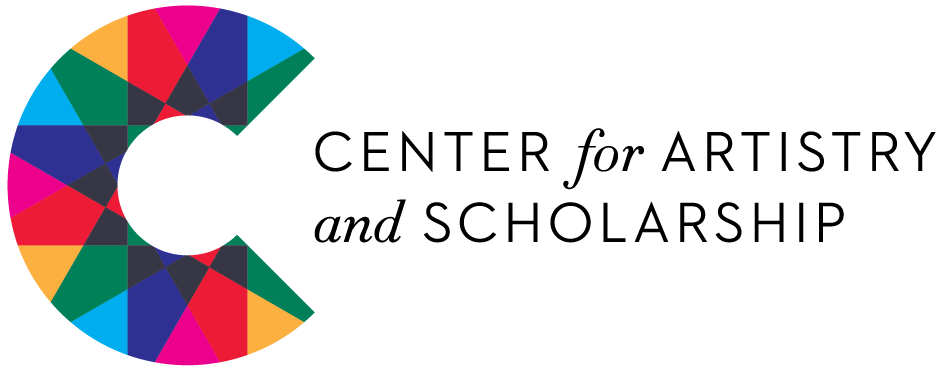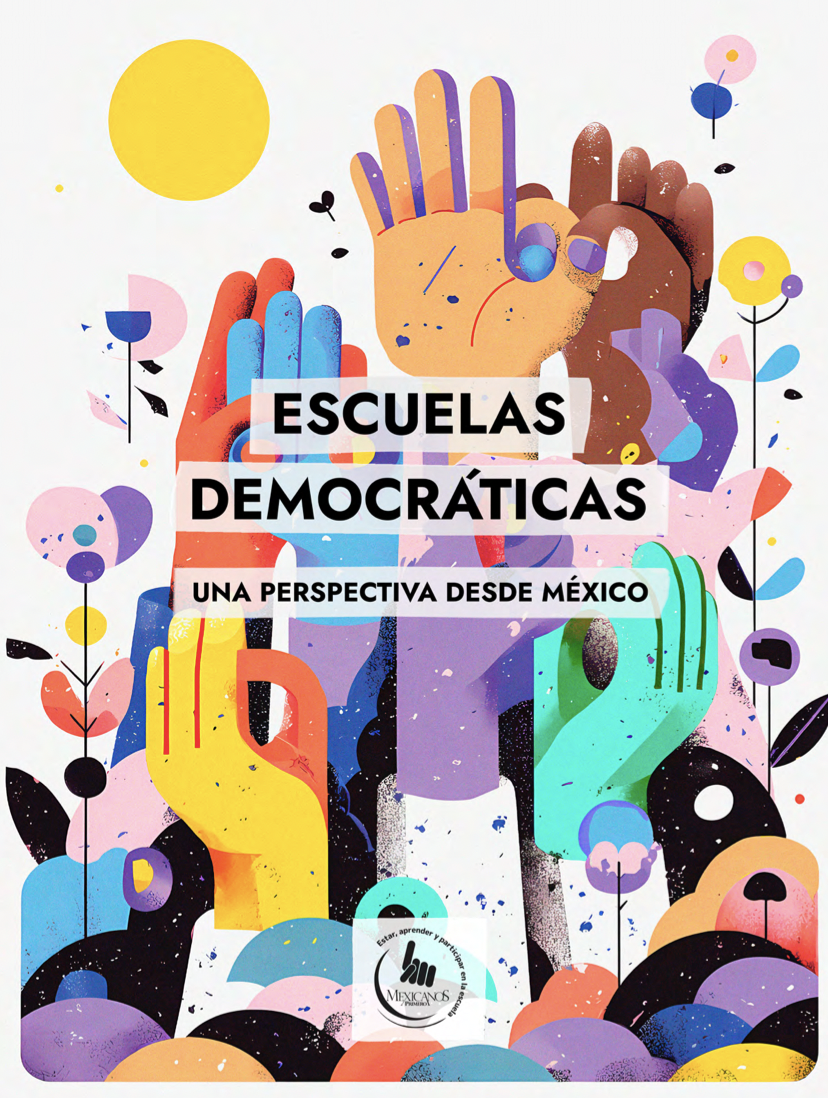CAS Publications
Drawing by graphic artist Amber Torres
Building democratic schools and learning environments: a global perspective
This open access book explores democratic schools and learning environments globally. The book focuses on a newly developed framework for democratic education. The authors describe existing schools and concept schools—those that are ideas but not in operation. The first section includes the editors’ own journeys. Pillar 1 includes schools that emphasize the open flow of ideas and choices, regardless of their popularity. Pillar 2 maintains that it is impossible to have a high quality education that ignores equity. Chapters explore how many diverse ‘marginalized’ communities experience education and some innovations that hold great promise for inclusion. Pillar 3 provides examples of schools where active engagement, consensus and compromise support the ‘common good.’ Pillar 4 investigates schools which organize students, parents, social institutions and the larger community collaboratively to achieve its goals and to solve theirs and society’s most urgent challenges.
Democratic Schools: A Perspective from Mexico
This book, coordinated by our founder Linda Nathan in collaboration with Mexicanos Primero brings together the voices of 27 educators from across Mexico who open their classrooms to show that democracy is something we build and learn through everyday school life.
Guided by the four pillars of democratic education—freedom of ideas, equity and inclusion, the common good, and collective participation—and written through a reflective, narrative lens, the book offers a mosaic of stories that blend emotion, insight, and pedagogical action.
Through practices rooted in dialogue, equity, inclusion, participation, and shared responsibility, the educators illustrate how public schools can become spaces of active citizenship and collective hope.
Expanding Innovation and Equity for K-12 Schools in Massachusetts: Opportunities and Challenges
“Expanding Innovation and Equity for K-12 Schools in Massachusetts: Opportunities and Challenges” shares the findings of the Innovative School Design Incubator. Funded by The Boston Foundation, the Innovative School Design Incubator project ran from 2017-2019, enabling CAS to aid in the school creation process of four innovative Boston-area school design teams: Boston Collaboratory School, Equity Lab Charter School, Mission Hill High School, and Powderhouse Studios. Despite years of hard work—including research, external funding, consultation with experts, piloting, and revision of plans and designs—none of these schools launched. These were not the results we expected. “Expanding Innovation and Equity for K-12 Schools in Massachusetts” describes the project, analyzes obstacles and opportunities, and offers guidance to future school developers.
THE POWER OF PARTNERSHIP FOR PRINCIPAL DEVELOPMENT
Principals are expected to be all things to all people — good managers and operational leaders, instructional gurus, family and student crisis counselors, and cheerleaders who celebrate their students’ achievements. Principals have evolved from being simply administrative leaders to being instructional and equity-centered leaders (Grissom, Egalite, & Lindsay, 2021). It is a Sisyphean job, and principal turnover in large districts is staggering (Levin & Bradley, 2019).
Building the leadership capabilities of principals is crucial, yet providing quality professional development in small districts is challenging, at best, and nearly impossible, at worst. A successful partnership between the Lynn Public Schools, a small district in Massachusetts, and the Center for Artistry and Scholarship (CAS), a nonprofit in Boston, shows how external partners can support schools and principals in their professional development.
Social-Emotional Learning at conservatory Lab charter school
This report shares the ways Conservatory Lab Charter School provides and reinforces social-emotional learning through explicit instruction, school-wide systems and practices, and curriculum and learning experiences.
Building Authentic Ownership and Learning at Conservatory Lab Charter School
“Building Ownership and Authentic Learning at Conservatory Lab Charter School through Projects and Learning Expeditions” shares the ways the Conservatory Lab Charter School model creates schoolwide access to authentic learning experiences that lead to student engagement and ownership, high quality work, and equitable high achievement. This guide shares the ways we have partnered with EL Education; five case studies that demonstrate the ways that learning expeditions and other student projects structure, inspire, and demonstrate student learning; and relevant insight into professional development and school culture.
The Journey of El Sistema at Conservatory Lab Charter School
“The Journey of El Sistema at Conservatory Lab Charter School” shares the best practices of Conservatory Lab's El Sistema-inspired music program, along with ways that similar music programs can be initiated in other schools. A guide for interested schools and educators, this document includes information on the Conservatory Lab model including professional development, grade-by-grade instrument instruction, operational considerations, and pedagogical advice. “The Journey of El Sistema at Conservatory Lab Charter School” codifies the tools that we have found useful in building our own professional learning community in support of music learning and student growth.







